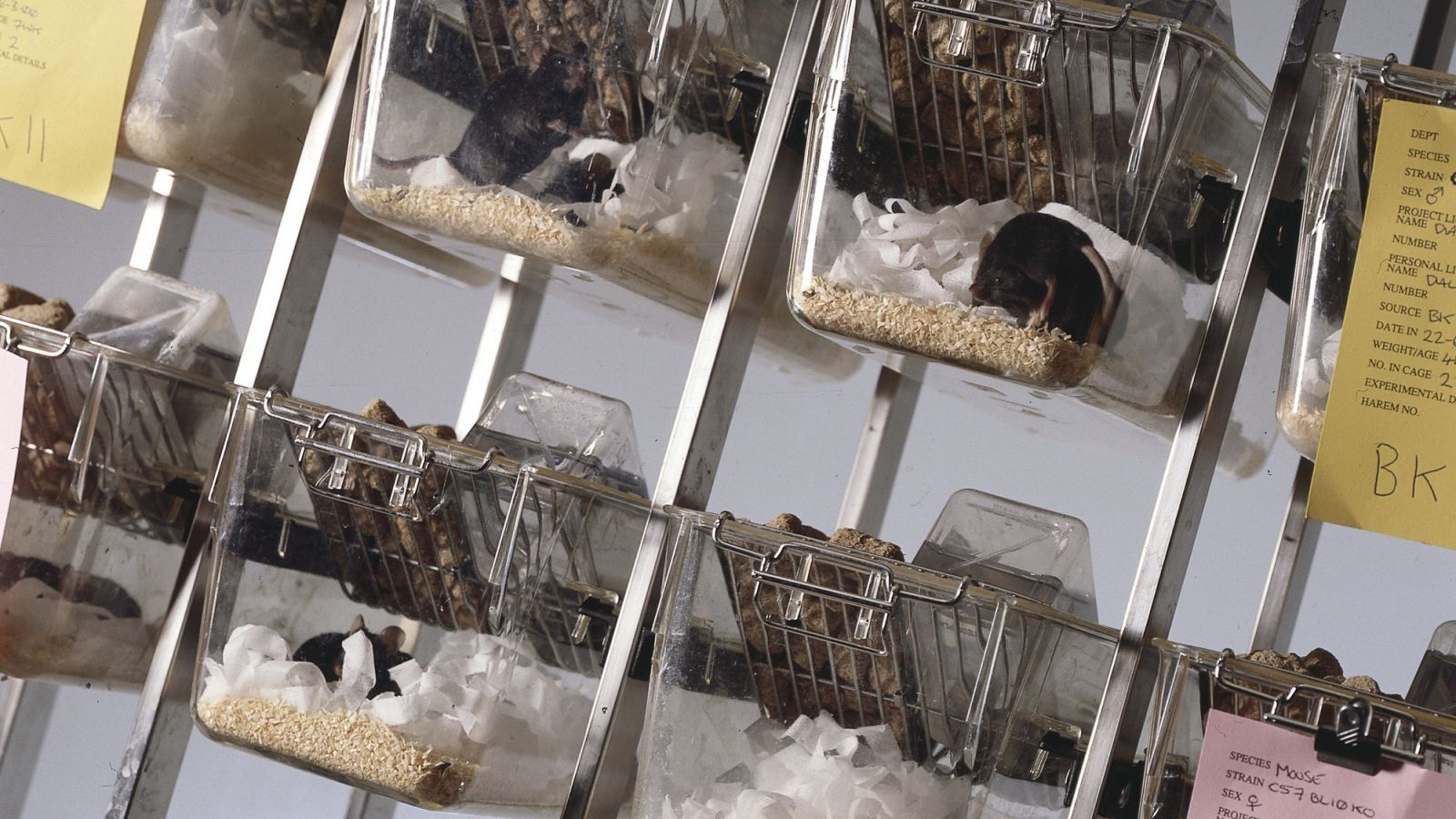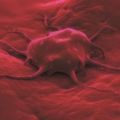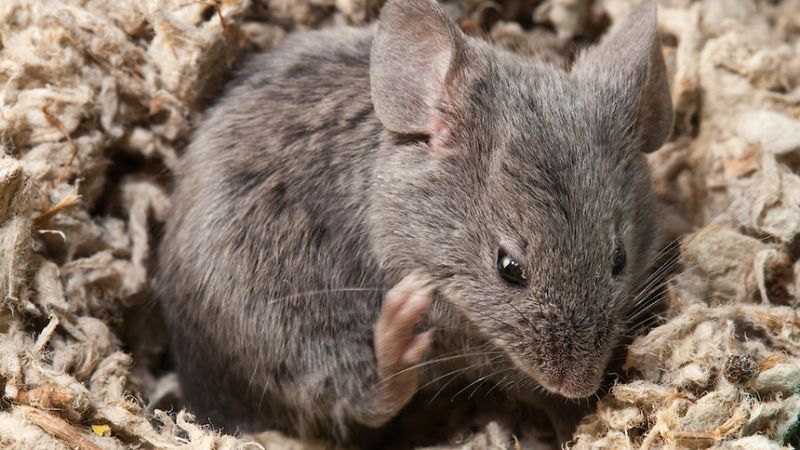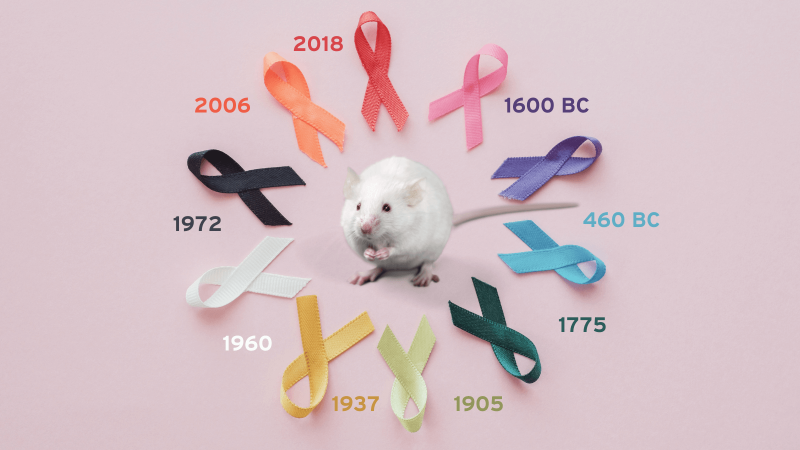
 Certain types of cancer could be triggered by simple wounds, according to new research on mice. Mice pre-disposed to a common type of skin cancer showed a significant increase in tumour development when given a small wound.
Certain types of cancer could be triggered by simple wounds, according to new research on mice. Mice pre-disposed to a common type of skin cancer showed a significant increase in tumour development when given a small wound.
Researchers pre-disposed the mice to cancer by causing a mutation in a gene with the potential to cause cancer, called an oncogene, in skin stem cells. The mutation itself didn't increase the rate of skin cancers, but when researchers cut a small disc of skin from the mice they developed skin cancer at the wound site. Even a cut as small as a paper cut increased the chances of a tumour forming.
Lung, liver, bone and skin cancers have all been linked to wounds, but this is the first time research has uncovered a mechanism to explain the link.
Skin stem cells normally stay near hair follicles in the lower skin layers. Here the mutated cells are kept in check by the body and tumours don't form. But wounds cause these cells to move to the surface to mend the damage. In doing so, the mutated stem cells alter a biochemical signalling pathway that is linked to skin cancer. Mutated skin stem cells can remain dormant in the lower skin layers for years, only becoming a threat afterwards, when a wound breaks the skin.
Read more about animal research and cancer here.
Last edited: 6 April 2022 14:47



